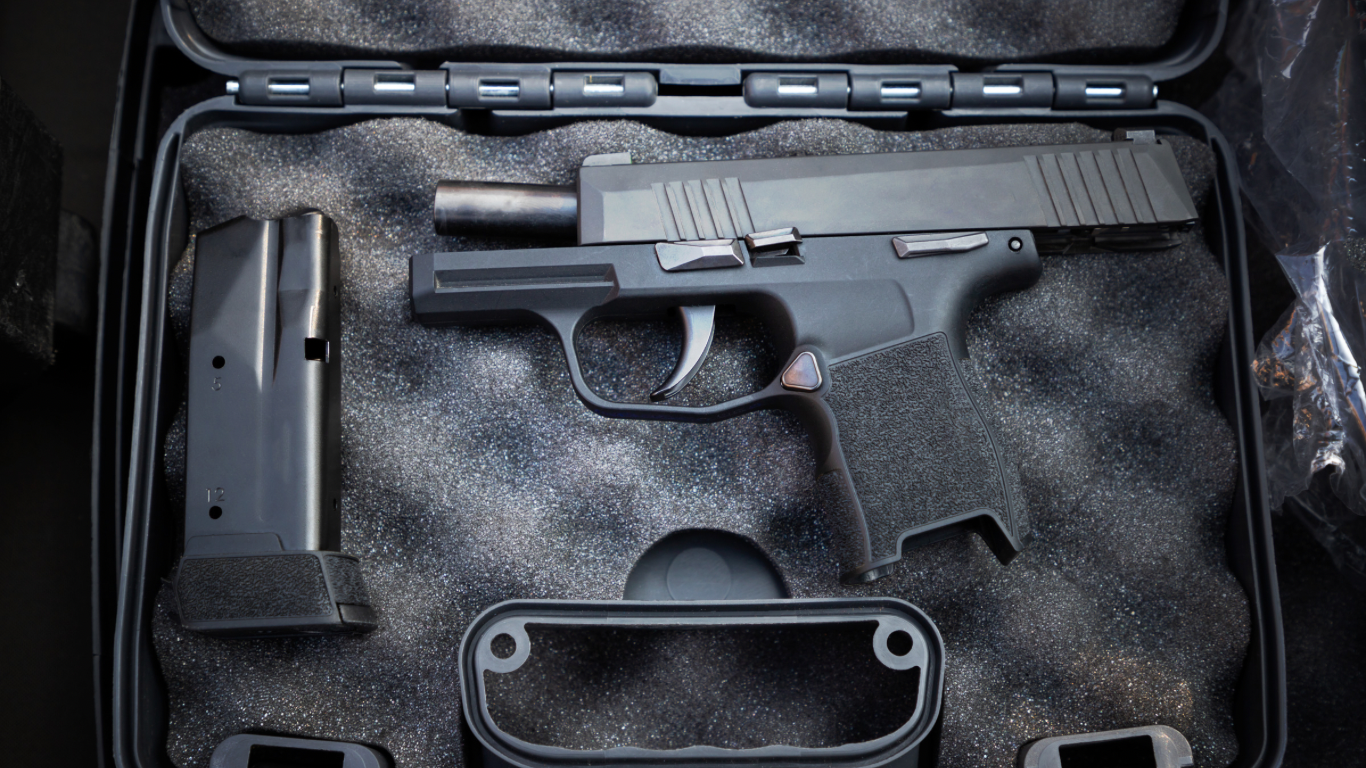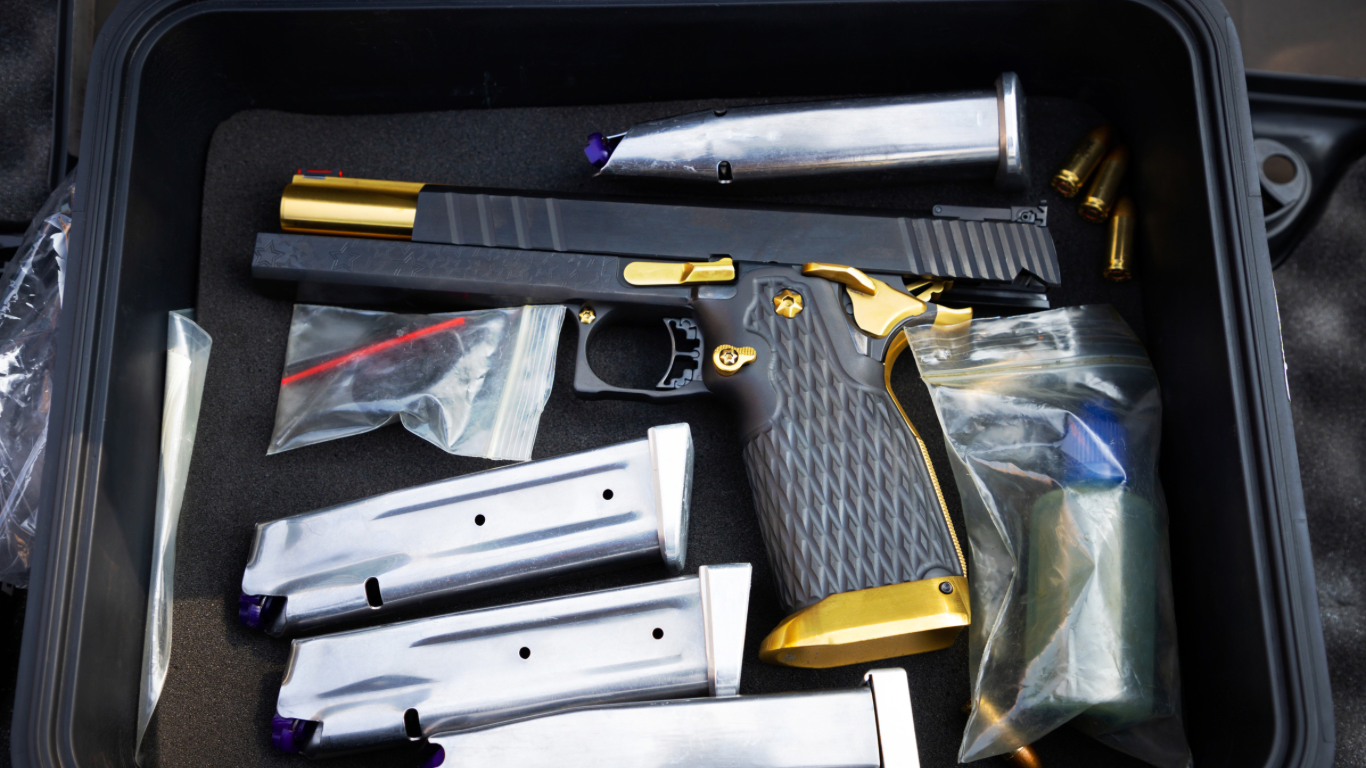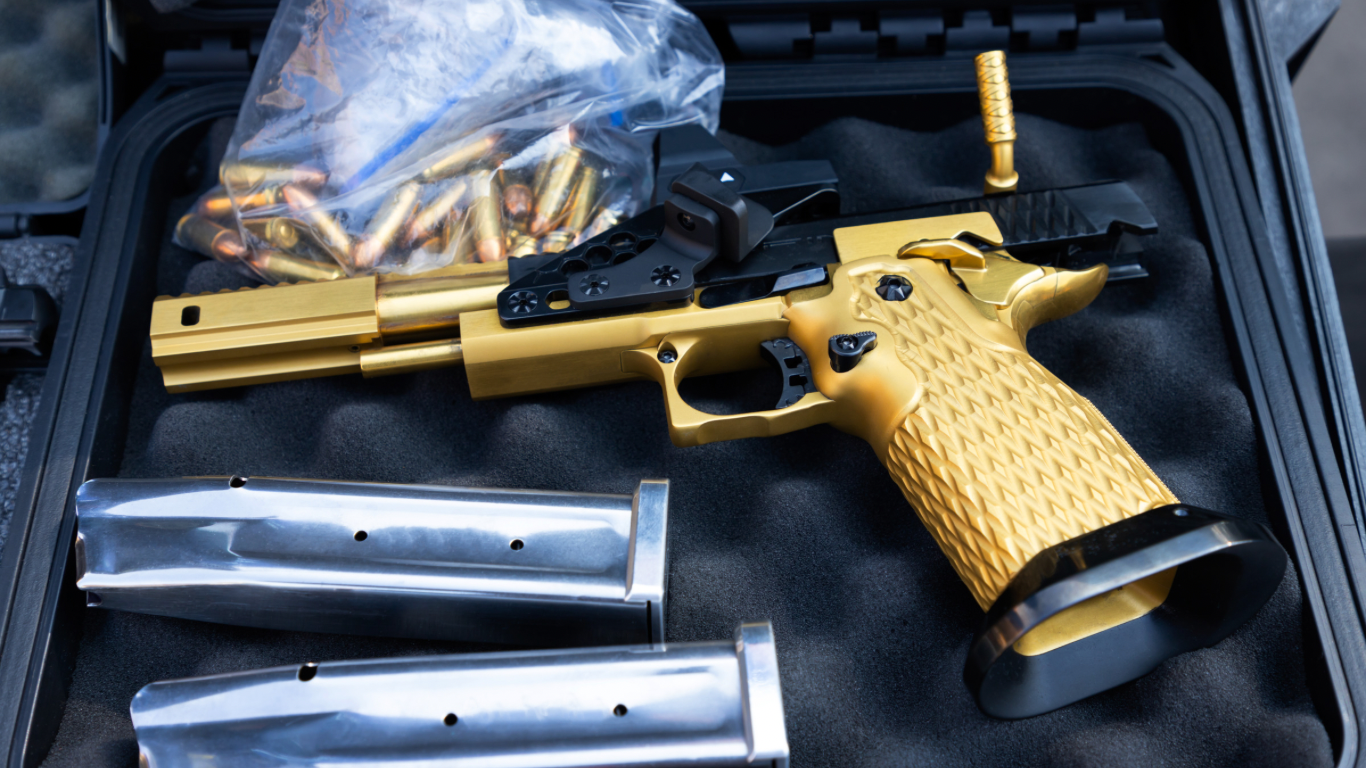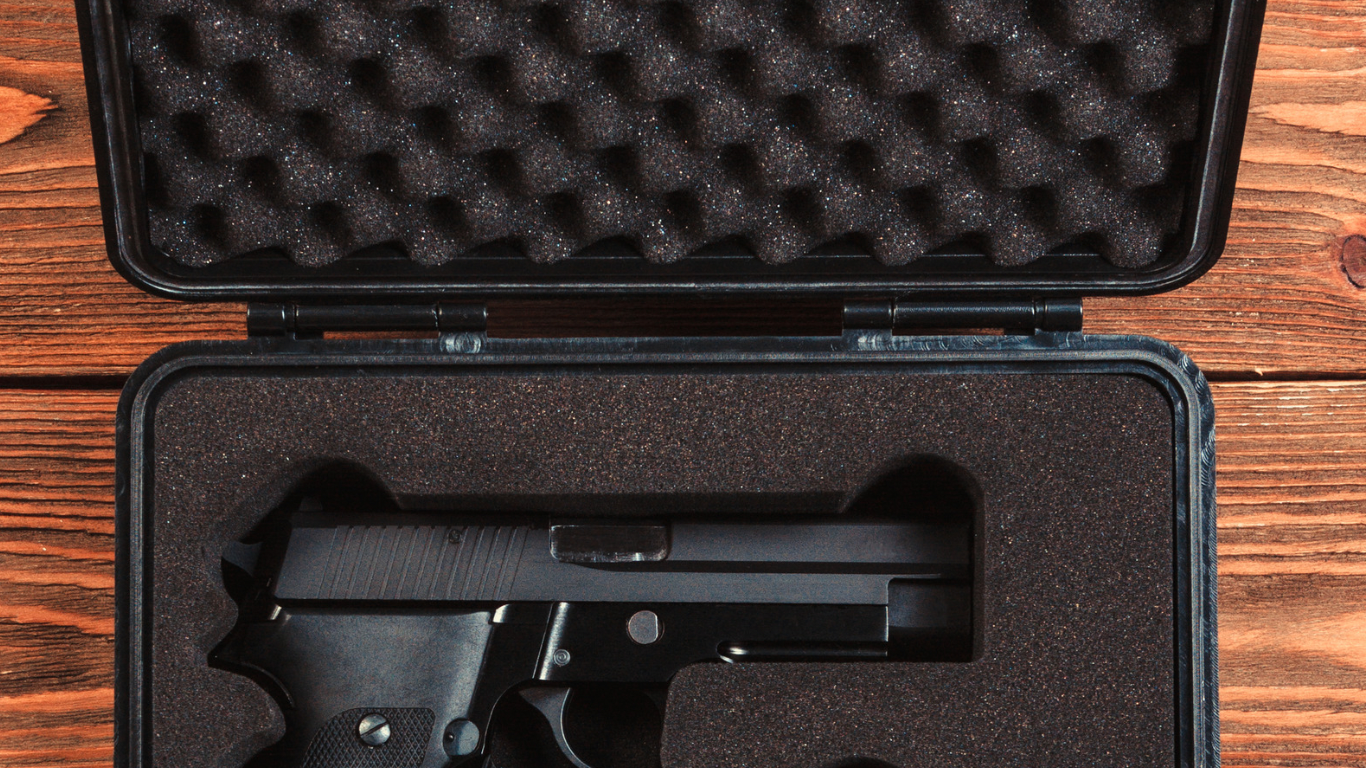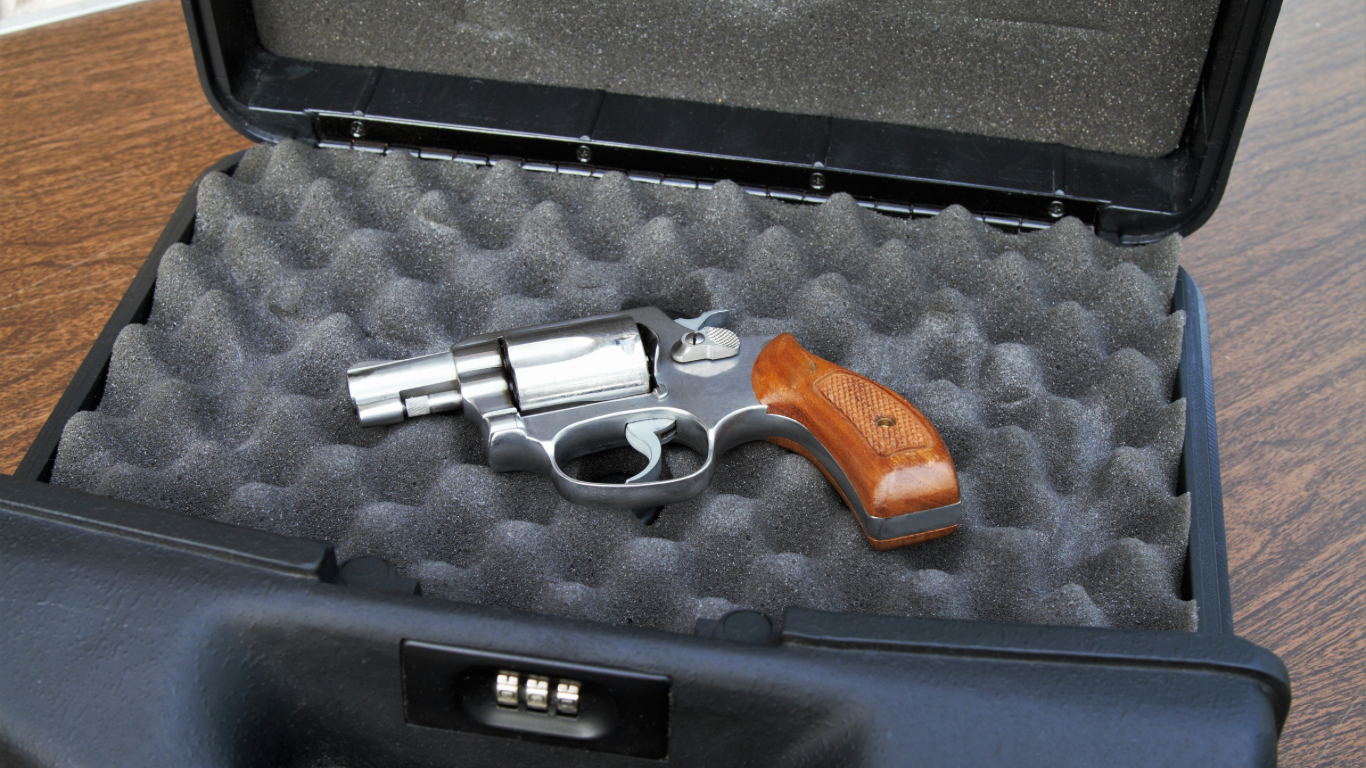In the United States, owning a firearm is a constitutional right, but with this right comes great responsibility. Part of that responsibility is ensuring that your firearms and ammunition are transported legally. Laws regarding the transportation of firearms and ammunition can vary depending on the state, so it’s essential to understand the laws in your state and the states you plan on traveling. In this blog post, we’ll cover what the law says about transporting guns and ammunition.
What’s allowed
First and foremost, it’s essential to know that the federal government allows firearms to be transported unloaded, locked in a hard-sided container, in the trunk of a vehicle, or in a location not readily accessible from the passenger compartment of the vehicle. It’s illegal to carry a firearm that is loaded or accessible from the passenger compartment of a vehicle – this includes the glove box, center console, and under the seat. It’s crucial to ensure that the firearm is not readily accessible to the driver or passengers.
Traveling to another state
If you plan on traveling to another state, it’s crucial to be aware of their laws as they may differ from your home state. For instance, some states may require firearms to be transported separately from the ammunition, or the firearm must be unloaded and locked in the trunk. Other states may require that the firearm be transported in a locked container, and the firearm may be loaded. Check the laws in the states you plan on traveling to before embarking on your trip.
Commercial flights
Transporting firearms and ammunition on commercial flights is a highly regulated process. Firearms must be declared during check-in, and the firearms must also be packed in a hard-sided container designed for firearms. Ammunition must be transported in the original packaging or a container designed for ammunition. Passengers must comply with all TSA regulations regarding firearms and ammunition.
Firearm and ammo care
When transporting firearms and ammunition, it’s essential to ensure that the firearms are in good condition and functioning correctly. Accidents involving firearms can cause significant injuries and damages. It’s also a good idea to have a plan in case of an emergency. If you’re involved in a car accident or another unforeseen event, ensure that the firearm is out of reach from others.
Conclusion
In conclusion, transporting firearms and ammunition legally requires adequate preparation and understanding of the laws concerning firearms. To avoid breaking the law, store firearms in a locked and unloaded hard-sided container in the trunk or a location not readily accessible from the passenger compartment of a vehicle. Ensure that you are complying with the laws in the state you’re traveling to, and be familiar with TSA regulations when traveling by commercial flights. Storing firearms appropriately and ensuring they are in good condition is essential for your safety and the safety of others.
